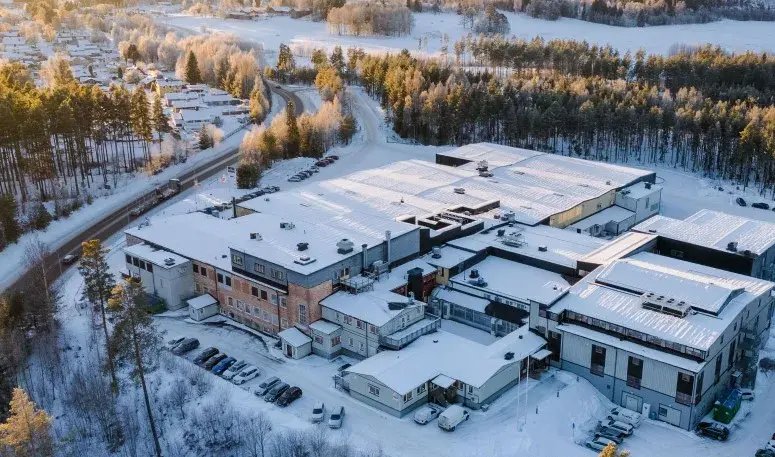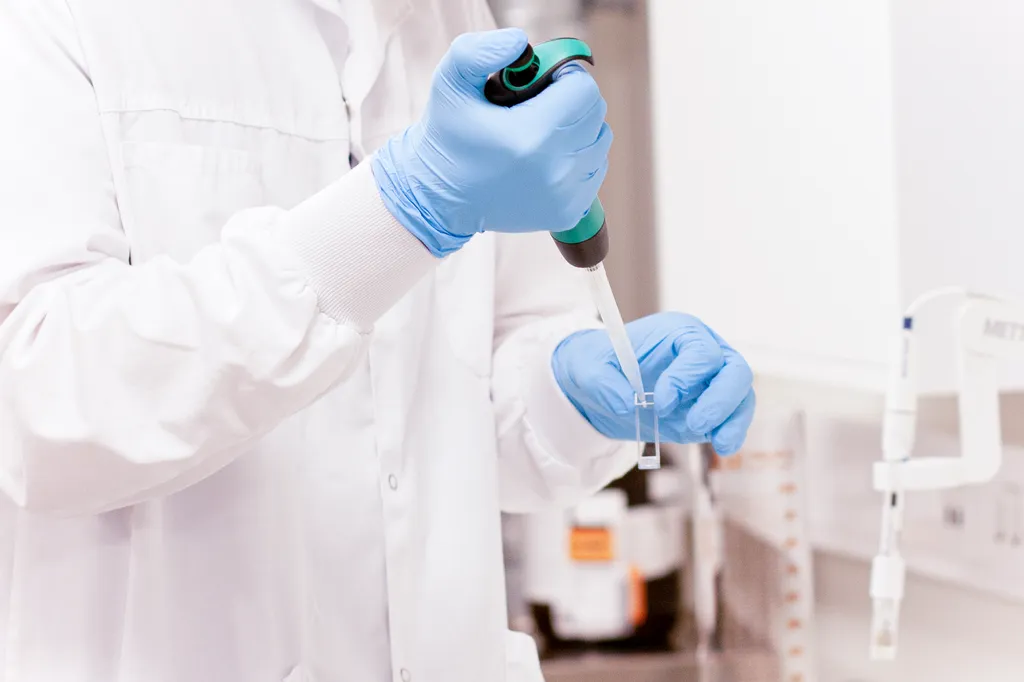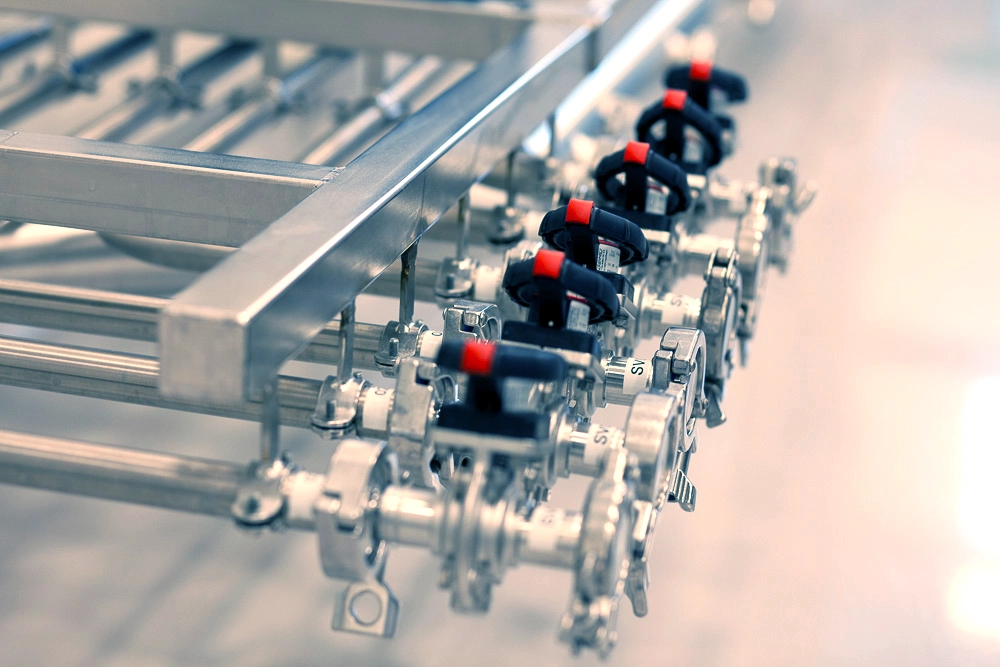Sweden-based NorthX Biologics which focuses on process development and GMP manufacture of advanced biological drugs, has announced the appointments of Lotta Ljungqvist, Richard Bergström, Mathias Uhlén and Lars Backsell to its board of directors.
“These industry veterans have helped build Recipharm, one of the largest CDMOs in the world. They have coordinated national vaccine programs and built European life science industry organizations and been the CEO of GE for the Nordics. They have also built innovative biotech companies with drugs reaching patients. It is an honor to serve with them to build NorthX Biologics to new heights!” said Thomas Eldered, Chairman of NorthX Biologics.
NorthX Biologics is a Nordic and European leader in plasmid DNA production and manufactures recombinant protein on a large scale for use globally. In 2021 it was recognized as a National Innovation Hub by the Swedish Minister of Enterprise and received support from the Swedish Innovation Agency, Vinnova, to help SMEs make the transition to clinical manufacturing and eventual commercialization.
“The strengthening of the board further cements our position as a leading European biologic and ATMP manufacturer. Our new directors will allow us to tap into expertise and networks that will help us transition to manufacture cell therapies and mRNA and to further improve our current DNA and protein manufacturing processes,” said Ted Fjällman, CEO NorthX Biologics.
Richard Bergström was appointed Sweden’s vaccine coordinator during the Covid-19 epidemic. This position included securing national vaccine access and producing a national vaccine plan. Prior to this, he was Director General of the European Federation of Pharmaceutical Industries and Associations (EFPIA) and served for nine years as the Director General of LIF, the Swedish Association of the Pharmaceutical Industry.
This follows positions in Switzerland in regulatory affairs at pharmaceutical companies Roche and Novartis. He has also served on the board of the Karolinska Institute.
Lotta Ljungqvist held the position of President and CEO of GE for the Nordic Region, and from 2017 to April 2022 CEO of Cytiva’s Testa Center for BioProcess Innovation. Her focus was to bridge the gap between industry, SMEs, and academia. She serves as a board member in several organizations including AroCell, BioLamina, BioArctic, Atlas Antibodies, Genovis and Vinnova. She is also the Chair of SwedenBIO, the leading Swedish industry organization for innovative biotech companies as well as Chair of the Biotechnology Division at the Royal Swedish Academy of Engineering Sciences.
Dr Ljungqvist has been Global Head of R&D BioProcess at GE Healthcare Life Sciences and previously been responsible for the Contract Manufacturing Organization of Biovitrum AB, developing new manufacturing processes for biopharmaceuticals as well as producing material for clinical trials.
Mathias Uhlén is a serial entrepreneur and Professor in microbiology at the Royal Institute of Technology (KTH). His research has focused on protein science, antibody engineering and precision medicine. He is inventor on over 100 patents and has (co-)founded over 20 different biotech companies, some of whom have been sold to big pharma. Since 2003, he has led an international effort to systematically map the human proteome and transcriptome to create the Human Protein Atlas.
Professor Uhlén is a member of the National Academy of Engineering (NAE) in the USA, the Royal Swedish Academy of Science (KVA), the Royal Swedish Academy of Engineering Sciences (IVA) and the European Molecular Biology Organization (EMBO). He is also the President of the European Federation of Biotechnology. Between 2010-2015, he was the founding Director of the Science for Life Laboratory (SciLifeLab) which is a national center and one of the largest molecular biology research laboratories in Europe at the forefront of innovation for molecular technologies like gene sequencing and proteomics.
Lars Backsell, co-founded and built Recipharm, one of the top five global CDMOs in the pharma industry. The road to becoming one of the top pharma manufacturers in the world required organic growth and innovation, many acquisitions, and considerable market and product development experience. Between 2001 and 2007 six facilities were acquired. He held the role of Chief Executive Officer from 1995 to 2007 and served as the Chairman of the Board of Directors at Recipharm from 2008-2021. He has also held senior executive positions at Coloplast AB and Pharmacia AB.
Mr Backsell is a past member of the Board of Directors of Lund University BioScience AB, PROBI Aktiebolag and BioInvent international AB. He is a member of the Royal Swedish Academy of Engineering Sciences (IVA) and in 2014 was distinguished by the Swedish Royal Patriotic Society with the prestigious Industrial Medal for exceptional entrepreneurship.



